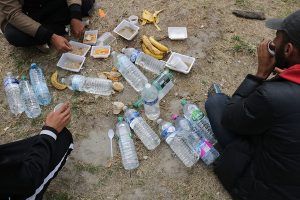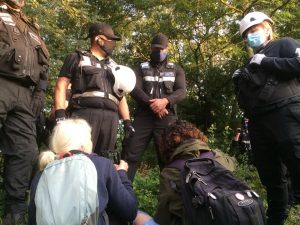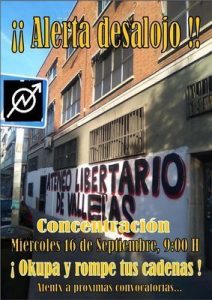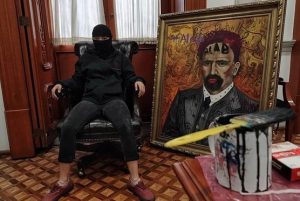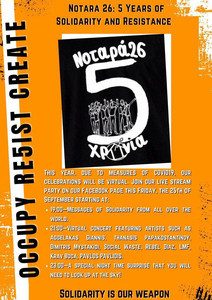 The story has been told many a times now. We have heard, witnessed, and lived it in the past five years. In 2015, with the onset of mass migration and what was called the “refugee crisis” we saw the political, social, and urban landscapes of many places change—including Athens, Greece. The events touched and affected the public and private lives of many. The beginning of Noara26 points to one of those moments. A time when a group of people, with ideals and politics of self-organization, collective action, and solidarity were moved to occupy an empty public building in the city’s downtown and to create a place of shelter and safety for thousands of refugees who were abandoned in the streets of Athens.
The story has been told many a times now. We have heard, witnessed, and lived it in the past five years. In 2015, with the onset of mass migration and what was called the “refugee crisis” we saw the political, social, and urban landscapes of many places change—including Athens, Greece. The events touched and affected the public and private lives of many. The beginning of Noara26 points to one of those moments. A time when a group of people, with ideals and politics of self-organization, collective action, and solidarity were moved to occupy an empty public building in the city’s downtown and to create a place of shelter and safety for thousands of refugees who were abandoned in the streets of Athens.
This September marks the fifth year of our squat’s existence. It is true that we can mark this date in our calendars and remember it as a day of creation and celebration. But the lessons we have learned, the joyful moments we have created, the memories and lives we have shared, the challenges and struggles we have faced and overcome as community are unmeasurable and exceed the limits of time. [Read More]
